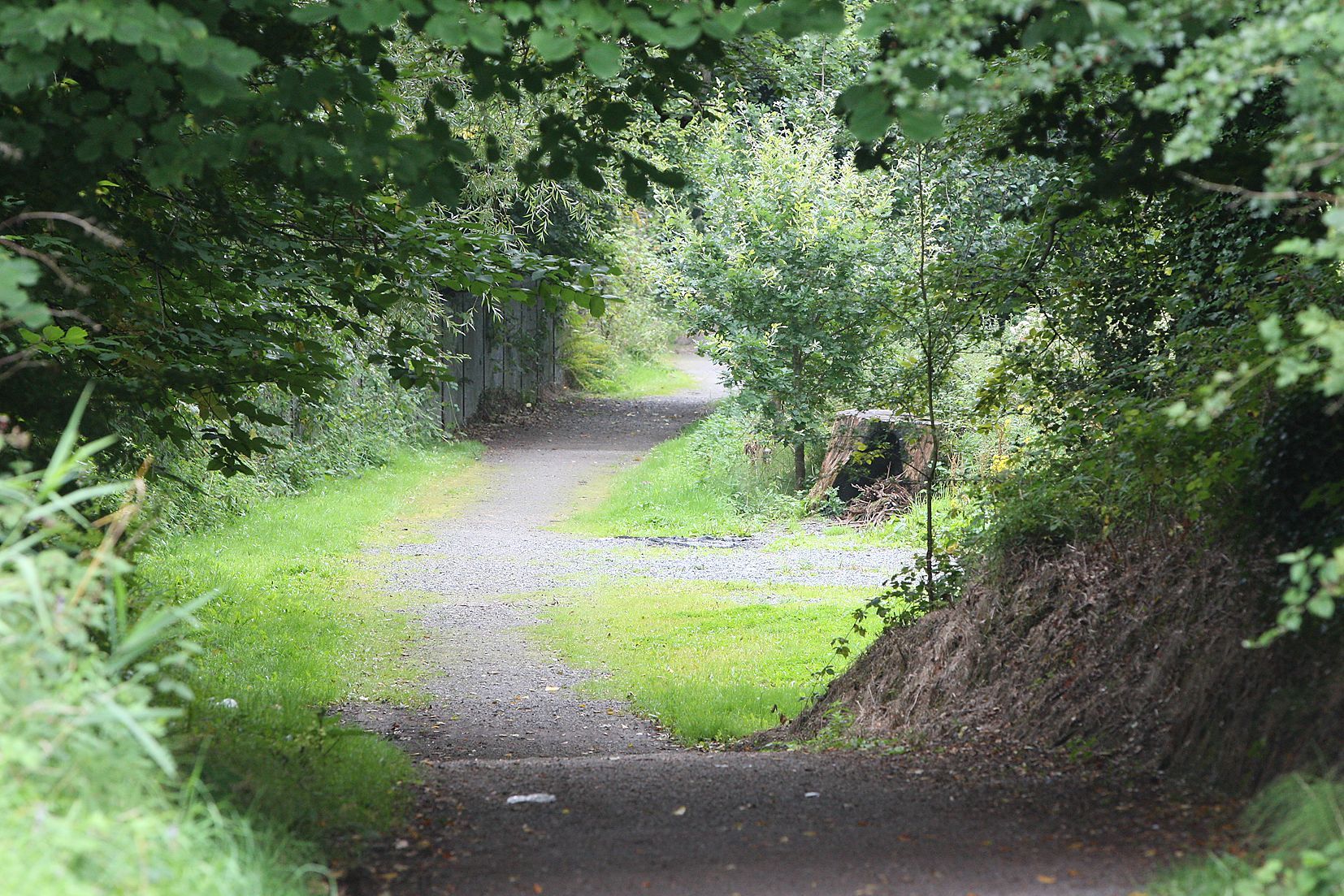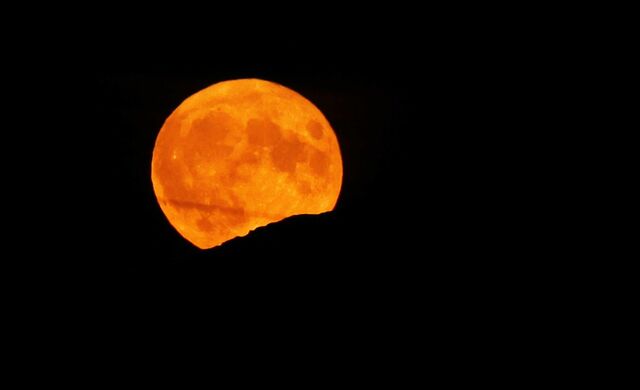I ATTENDED a Zoom meeting last week which was all about the science of randomness, a topic which is very close to my heart.
I have learned that randomness often means engaging with, reading or visualising something or someone new. Research suggests that novelty helps the brain establish neural pathways that can stimulate us and serve as an antidote to boredom.
Mindfulness training is a natural way for us to develop and create new neural pathways and through practice our neurons fire and rewire and new experiences emerge.
A good analogy would be to imagine an untouched field; every day you walk the same path across the field. In a short period of time you will have created a new pathway without thinking.
Mindfulness practice enables us to experience tasks as interesting or good; practice allows our brain to release dopamine, also known as the feel-good hormone, in response to our practice. I learned that trying something new also forces us to be in the present moment solely based on a curiosity for what the randomness will bring.
Kevin Mitchell, Ph.D., an associate professor of genetics and neuroscience at Trinity College Dublin, wrote in a TIME essay late last year that randomness can help our brains retain more nuanced information and improve our ability to think outside the box on future problems.
Here are some good examples of ways to embraces randomness.
Scroll through your contact list and see where your finger lands. Text that person about how it’s been a while since you’ve connected or mention something that reminds you of them. Grab a book, flip to a random page and read it out without context. While it may seem pointless, or dare I say random, it can energise and stimulate us; and better still, it can take fewer than 30 seconds.
For the next week, I’ve challenged myself to try something random each day. Since I love cooking new meals, I’m going to randomly scroll through a recipe book and pick a page, make the meal, and hope it goes well. I’m also considering randomly wandering into a new store on my dander in the city centre, or taking a new route to work. I’m going to scroll through online articles and choose one at random, shuffle my music playlists, or watch a random episode of my favourite show (Two Doors Down, btw).
I learned that randomness is about the willingness to embrace something new without the pressure of perfection or excelling for long-term gains. It reflects the science of hobbies, which tells us that trying new things for the sake of learning can bring us a sense of joy, self-accomplishment and new-found passion.
My mantra for this week is to travel the road less travelled and expect the unexpected.
Here’s a random poem that I chose by Mary Oliver:
The Summer Day
Who made the world?
Who made the swan, and the black bear?
Who made the grasshopper?
This grasshopper, I mean—
the one who has flung herself out of the grass,
the one who is eating sugar out of my hand,
who is moving her jaws back and forth instead of up and down—
who is gazing around with her enormous and complicated eyes.
Now she lifts her pale forearms and thoroughly washes her face.
Now she snaps her wings open, and floats away.
I don't know exactly what a prayer is.
I do know how to pay attention, how to fall down
into the grass, how to kneel down in the grass,
how to be idle and blessed, how to stroll through the fields,
which is what I have been doing all day.
Tell me, what else should I have done?
Doesn't everything die at last, and too soon?
Tell me, what is it you plan to do
with your one wild and precious life?








